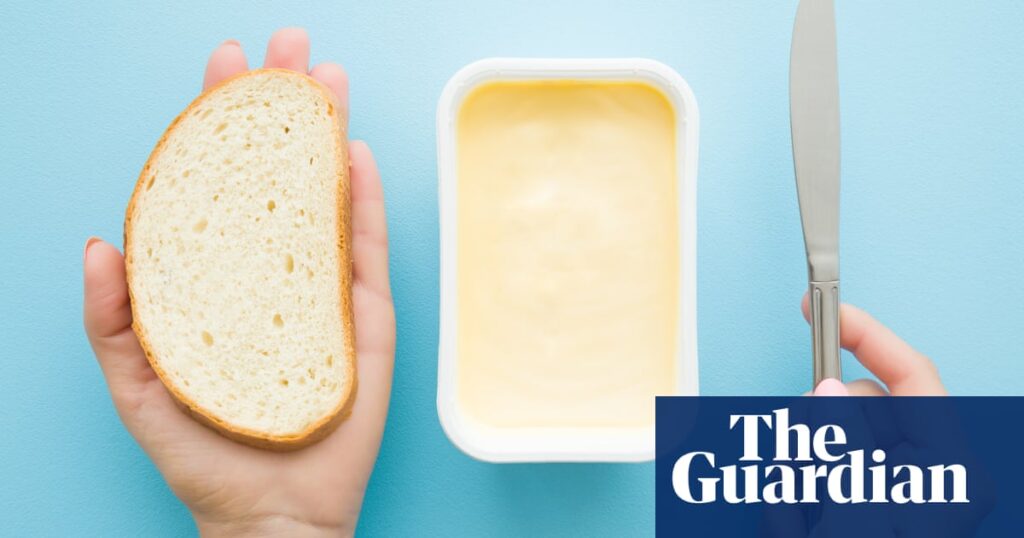Ultra-processed foods are those that contain no or few whole food ingredients and have undergone multiple processing steps where sweeteners, colourings, flavourings and emulsifiers are added. These substances are often extracted from oils, fats, sugars, starches, and proteins, and they extend shelf life and make food more palatable.
A review published in February found ultra-processed foods were directly linked to 32 health harms, including heart disease, cancer, type 2 diabetes, poor mental health and early death.
While ultra-processed foods include the chips and biscuits consumers typically identify as unhealthy, they increasingly include products marketed as “healthy” like breakfast cereals, protein bars, plant milks and breads.
Bread
Most pre-sliced bread available in supermarkets contains modified starches and additives like emulsifiers and vegetable gums – even the healthy-sounding multiseed or sourdough loaves.
Processed meat
Bacon, sausages, and deli-sliced cold meats like ham and salami can be full of emulsifiers, thickeners, modified starches, added fibre, and even added colours and flavouring.
Vegan meat
Vegan “fake meats” like burgers, sausage, and bacon might be packaged in green and decorated with plants, but they’re highly processed and often contain emulsifiers, unlike whole food sources of vegetarian protein like mushrooms or beans.
Plant milks
Many plant milks and vegan cheese products are ultra-processed, containing emulsifiers, vegetable gums, stabilisers and flavours. But some skip the additives, like a soy milk of just water, soybeans, oil and salt.
Breakfast cereal
Many cereals and breakfast drinks contain maltodextrins, added colours, and processed proteins and fibres.
Muesli bars and protein balls
Protein bars and “health balls” might be a pantry staple for health-conscious snackers but they’re full of processed fibres and proteins, sweeteners and modified sugars.
Ready to eat meals
Ready meals can be pumped full of additives to stop them going stale on the shelf. The longer the ingredient list, the more likely the dish is ultra-processed.
Yoghurts
Flavoured yoghurts often contain more additives than plain yoghurts. Check the ingredients list for thickeners, sweeteners or flavours.
Cooking sauces
Jar sauces for pasta or stir-fry often have thickeners, flavour enhancers or colours that wouldn’t be found in a sauce made from scratch at home.
Margarine
Margarine can only be made by ultra-processing vegetable oils, and is often boosted with emulsifiers and colours. Butter is not ultra-processed.
Baby foods
Some baby foods are ultra-processed, with cereals, biscuits and rusks marketed at infants particularly exposed. Nearly a third of baby foods sold in the UK are ultra-processed.

